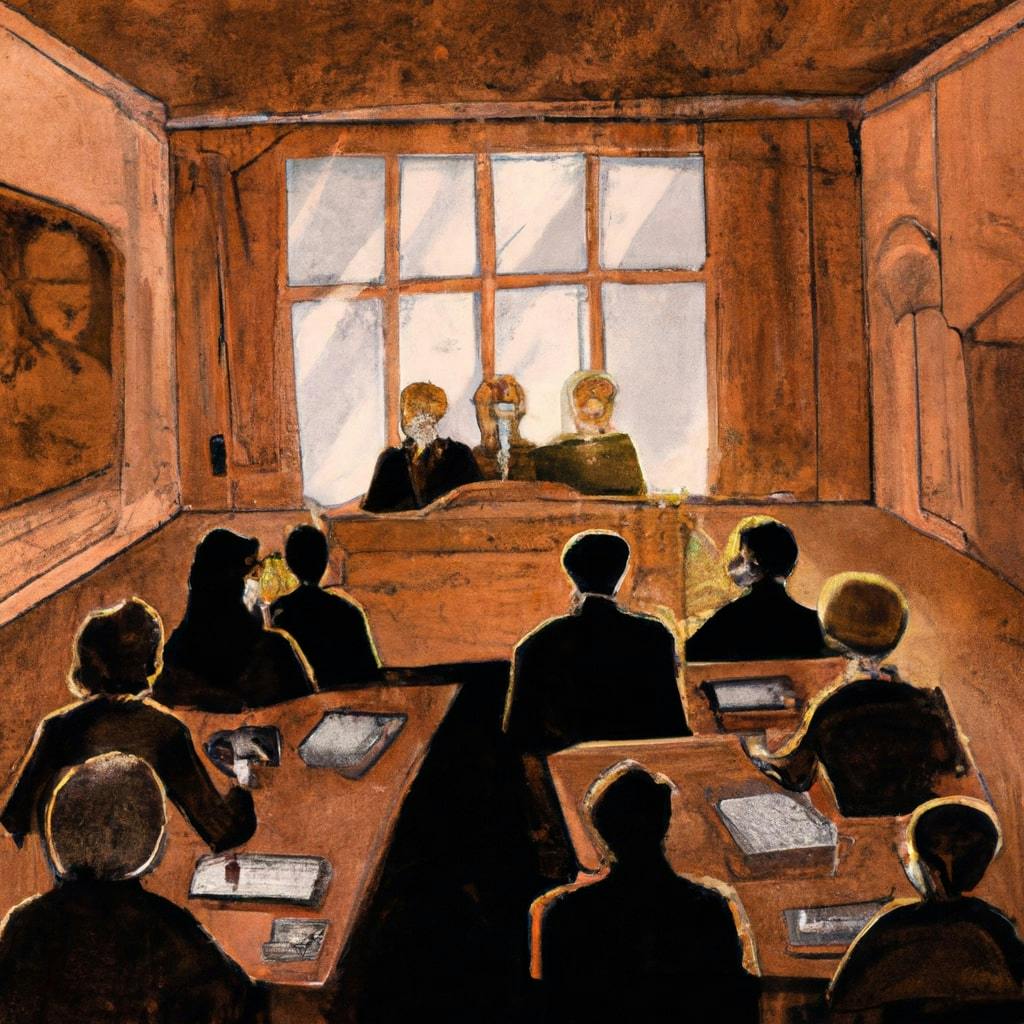How All of Russian TV Became State-Controlled
Short biography of the freedom that never happened.


For those Russians who are strongly influenced by the Kremlin narratives, independent reporting on the ongoing war in Ukraine may not be well received or may not even reach them. However, there are people who, when exposed to contradicting evidence, initially feel discomfort but eventually resolve cognitive dissonance by altering their opinions and accepting the new information.
We have an inner drive to hold all our attitudes and behaviours in harmony and avoid disharmony (or dissonance). Dissonance arises when a person holds two cognitions that are psychologically inconsistent. For example, a person gets introduced to two conceptions “I love junk food” and “Eating junk food is bad for your heart.” These two conflicting ideas create a state of dissonance. To resolve it, the person can either change their behaviour (stop eating junk food) or to change their attitudes (eating junk food is not that bad for your health).
Psychologist Leon Festinger conducted a series of experiments that introduced and tested the idea of cognitive dissonance in the 50s. According to the theory, people have an innate drive to maintain consistency and avoid disharmony between their beliefs, attitudes, and behaviours. This drive to reduce dissonance is what leads people to distort their perceptions of reality, double down on their beliefs, or change their behaviours.
When new conflicting information challenges our previously held beliefs, we usually either ignore the new evidence and reinforce our prior beliefs, or we may revise their beliefs to align with the evidence and change our behaviour. This is why in politics, cognitive dissonance can result in both constructive dialogue and re-evaluation of beliefs, but it can also lead to confirmation bias where individuals only seek information that supports their beliefs and ignore conflicting information.
Cognitive dissonance in politics can have both positive and negative consequences. On the one hand, it can lead to constructive dialogue and a re-evaluation of beliefs. On the other hand, it can lead to a confirmation bias, where people only seek out information that supports their beliefs and ignore or dismiss conflicting information. The reactions of Russians to the war in Ukraine provide a compelling example of cognitive dissonance in politics. Despite the growing body of evidence that contradicts the official narrative put forth by the Kremlin, some Russians continue to believe the “official” story and dismiss opposing evidence as false.
For many Russians, seeing videos of bombings, looking at reports of the Russian army shooting at civilians, and talking with family and friends in Ukraine creates a sense of conflicting realities. To resolve the resulting cognitive dissonance, some Russians, following the theory of cognitive dissonance, double down on their beliefs and dismiss new evidence. This helps explain why, in the early stages of the war, some Russians denied the ongoing military invasion altogether along with the idea that Russian soldiers can shoot civilians. However, as denying the war became increasingly untenable due to the sheer amount of evidence, some Russians have started to resolve their dissonance by subscribing to conspiracy theories, suggesting that there must be hidden motives behind the authorities’ intentions and that the world is more complex than it appears. This trend is also supported by cognitive dissonance researchers. Aronson and Tavris highlight that “when people feel a strong connection to a political party, leader, ideology, or belief, they are more likely to let that allegiance do their thinking for them and distort or ignore the evidence that challenges those loyalties.”
Dieser Artikel wurde noch nicht ins Deutsche übersetzt. Wir suchen nach Freiwilligen, die uns dabei helfen können.
Short biography of the freedom that never happened.

The Impact of Russia's Education System on Critical Thinking

How Orwell became the Russian Reality

Unsere Medienplattform würde ohne unser internationales Freiwilligenteam nicht existieren. Möchten Sie eine_r davon werden? Hier ist die Liste der derzeit offenen Stellen:
Gibt es eine andere Art wie Sie uns unterstützen möchten? Lassen Sie es uns wissen:
Wir berichten über die aktuellen Probleme Russlands und seiner Menschen, die sich gegen den Krieg und für die Demokratie einsetzen. Wir bemühen uns, unsere Inhalte für das europäische Publikum so zugänglich wie möglich zu machen.
Möchten Sie an den Inhalten von Russen gegen den Krieg mitwirken?
Wir wollen die Menschen aus Russland, die für Frieden und Demokratie stehen, gehört werden lassen. Wir veröffentlichen ihre Geschichten und interviewen sie im Projekt Fragen Sie einen Russen.
Sind Sie eine Person aus Russland oder kennen Sie jemanden, der seine Geschichte erzählen möchte? Bitte kontaktieren Sie uns. Ihre Erfahrungen werden den Menschen helfen zu verstehen, wie Russland funktioniert.
Wir können Ihre Erfahrungen anonym veröffentlichen.
Unser Projekt wird von internationalen Freiwilligen betrieben - kein einziges Mitglied des Teams wird in jeglicher Weise bezahlt. Das Projekt hat jedoch laufende Kosten: Hosting, Domains, Abonnements für kostenpflichtige Online-Dienste (wie Midjourney oder Fillout.com) und Werbung.




Russland hat den Krieg gegen die Ukraine angefangen. Dieser Krieg dauert schon seit 2014 an. Er hat sich seit 24. Februar 2022 nur noch verschärft. Millionen von Ukrainern leiden. Die Schuldigen müssen für ihre Verbrechen zur Rechenschaft gezogen werden.
Das russische Regime versucht, die liberalen Stimmen zum Schweigen zu bringen. Es gibt russische Menschen, die gegen den Krieg sind - und das russische Regime versucht alles, um sie zum Schweigen zu bringen. Wir wollen das verhindern und ihren Stimmen Gehör verschaffen.
**Die russischen liberalen Initiativen sind für die europäische Öffentlichkeit bisweilen schwer zu verstehen. Der rechtliche, soziale und historische Kontext in Russland ist nicht immer klar. Wir wollen Informationen austauschen, Brücken bauen und das liberale Russland mit dem Westen verbinden.
Wir glauben an den Dialog, nicht an die Isolation. Die oppositionellen Kräfte in Russland werden ohne die Unterstützung der demokratischen Welt nichts verändern können. Wir glauben auch, dass der Dialog in beide Richtungen gehen sollte.
Die Wahl liegt bei Ihnen. Wir verstehen die Wut über die Verbrechen Russlands. Es liegt an Ihnen, ob Sie auf das russische Volk hören wollen, das sich dagegen wehrt.